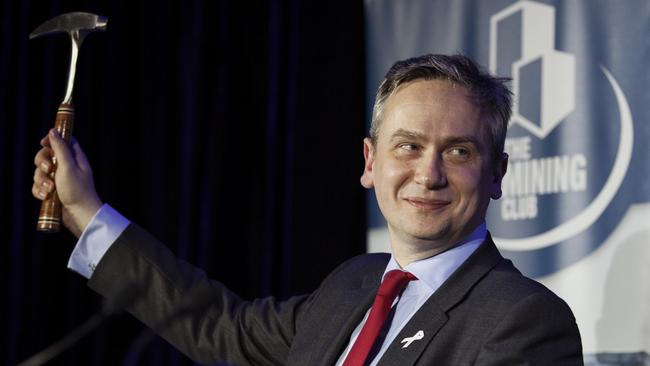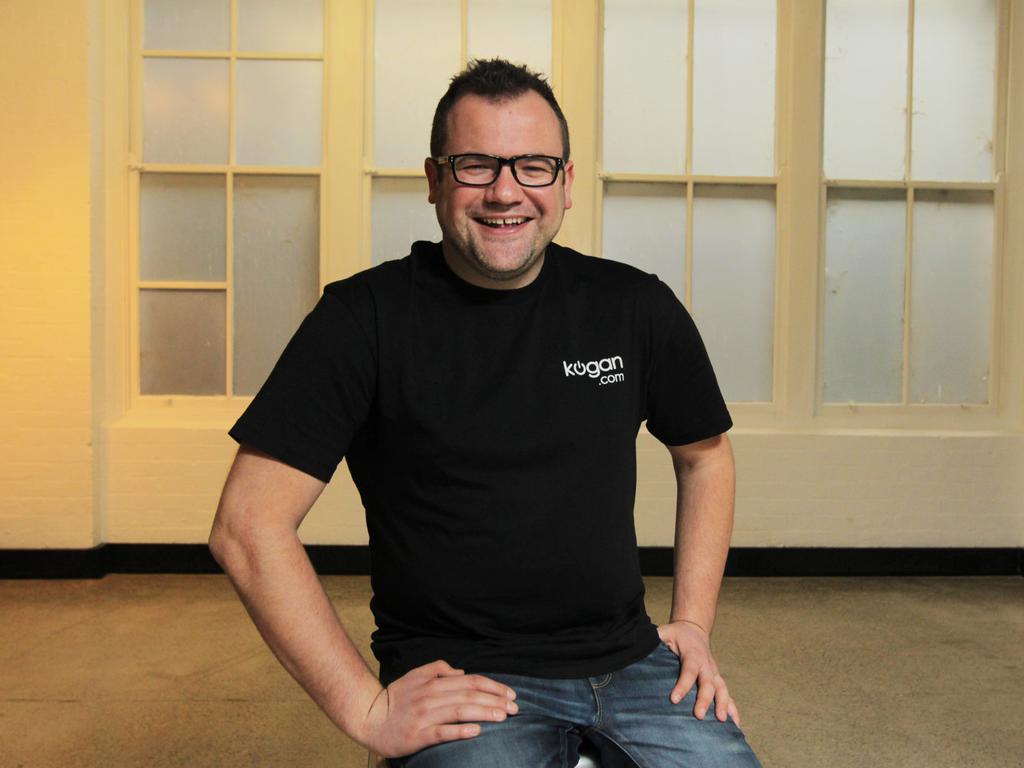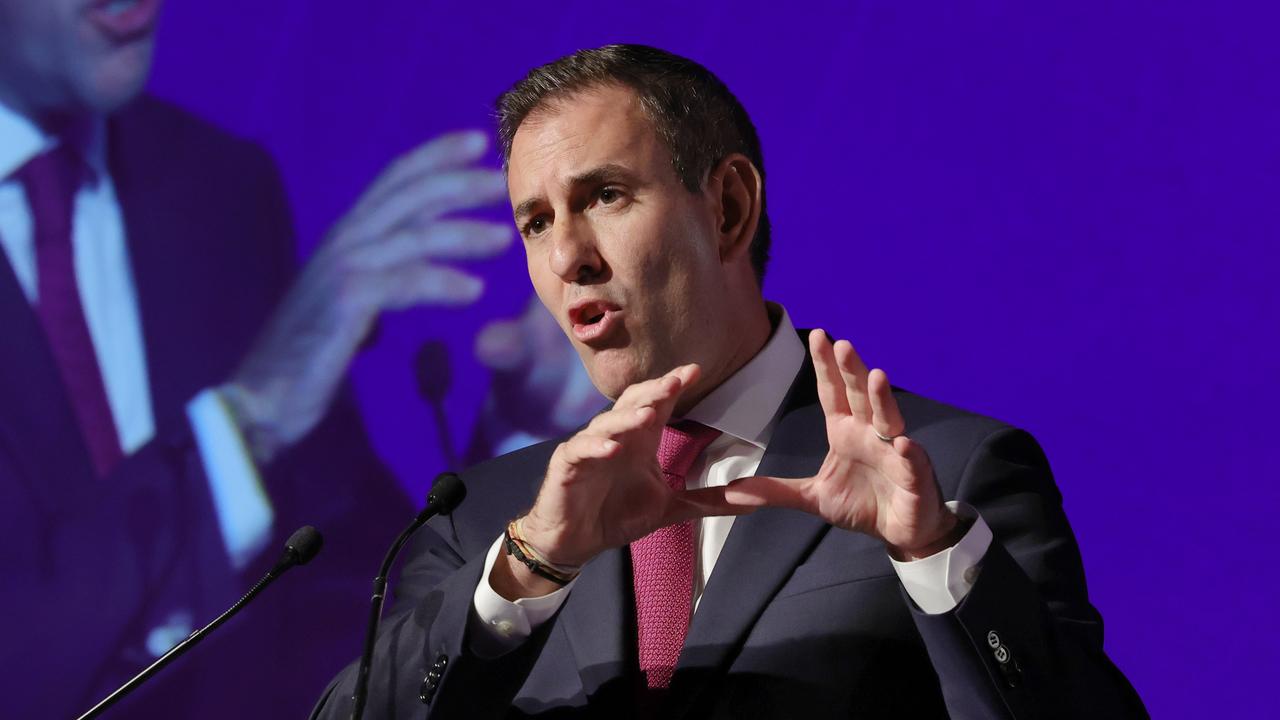
This is especially, as he says, it is too early to say just what went wrong, why it went wrong and how it will be stopped next time.
It’s a corporate response to the human tragedy of tens of thousands of years of history blown up in search of a workable and efficient mine plan.
Jacques’ team managed well through the COVID-19 pandemic to post the fourth-best quarterly production on record, however, two months ago the company exploded a 46,000-year-old sacred site into oblivion.
Under recent guidance from the two Bobs — Wilson and Graham — and in 1990s from Leon Davis and Leigh Clifford, Rio was a well-run machine and as a mining company in the Pilbara for over 60 years it held at the heart of that social licence the utmost respect for native title.
Mistakes happened but the old Rio by now would have had a third-party report out and acted on it.
Somehow the basics have been forgotten.
Former Rio executives are spread out through corporate Australia and include Andrew Harding at Aurizon, Sundeep Biswas at Newcrest, Andrew Cole at OZ Minerals and Bob Vassie until recently at St Barbara.
All are highly regarded in the industry and genuinely good leaders and when you look at the corporate talent you have to ask yourself what might have been.
Jacques is genuinely sorry and will be leading the company’s presentation to the parliamentary inquiry into the tragedy but on Friday he had no further comment because the company was still trying to work out the full facts behind the disaster.
That caution is on one level understandable but also just a little bit late.
It increases the pressure on the company to really nail its response to the tragedy presumably before the hearing begins.
Director Michael L’Estrange is on well qualified to do the review of Juukan having been a former head of the Department of Foreign Affairs but his report is not due until October.
He is also an insider.
JS is not sitting around waiting for the reports and has had several talks with the local native leaders since the tragedy to convey his apologies and to work on how to prevent a repeat.
Covid restrictions mean these conversations have been held via zoom.
Somehow, these talks now seem just a little late now that 46,000 years of history is being piled on to the Rio iron ore trains ready to be shipped to China.
The talks are encouraging as is JS’s promise that the company will be totally transparent about the snafu, the company‘s relationship with the landowners and what the company will do to ensure it does not happen again.
A social licence is by definition an intangible, it was abused by the banking oligopoly and maybe by Rio and if that happens the costs will be real for Rio management and shareholders.
The company’s response will be step one in the potential recovery.
Pahari ‘serious business risk’ for AMP
Boe Pahari is fast becoming a serious business risk for AMP and the sooner he gets out publicly to speak his case the better it will be for everyone.
This of course assumes that what he says is of value.
The company pleads for patience.
Asset consultant JANA was in the news on Friday after it warned AMP it was being placed on watch pending further details about Pahari’s appointment.
Nice work by JANA in successfully covering its backside because by coming out and saying it has placed a temporary watch on AMP it wants everyone to know what fine people they are at JANA.
Down the track the watch notice will be quietly removed and it’ll back to business as usual with no one the wiser.
JANA then would have done nothing other than some brand advertising.
That tactic is standard practice in the asset consultant world.
This said it is not exactly beneficial for AMP to be the centre of attention.
The company releases its results on August 13 and the great Boe is scheduled to talk after the results to shareholders so he can inform them about his plans and get to know them better.
The company told shareholders it had a QC examine the complaints against Boe, which, it is claimed, shows there were eight sexual harassment allegations by the same person on the one night of which five were dismissed and three admitted by both parties.
None of which is meant to support Boe just the facts presented to shareholders.
The upshot being he was fined 25 per cent of his annual bonus, which was meant to be $2m and after the fine was only $1.5m.
Poor Boe — hopefully the rent will be covered with that stipend on top of his regular pay.
AMP chairman David Murray and chief Francesco De Ferrari have their hands tied because having come out saying they looked at the allegations, reviewed them and still chose Boe they can hardly remove him now that he has become a public liability.
That would make them look fools.
Some argue AMP has kept the fires burning by saying too much.
If Boe is talking to shareholders and consultants now as claimed then it’s high time he took his show public so at least the market could judge Boe on his professional capabilities.
Kogan in danger of trashing brand
Ruslan Kogan is in danger of trashing his brand with his third ACCC run-in resulting in a Federal Court ruling his company breached the false and misleading advertising rules.
Kogan boosted prices by 10 per cent then offered discounts at just above what the same product sold for a week earlier and couldn’t understand what the ACCC was worried about.
The 4.8 per cent fall in his stock price on Friday shows that what he should be worried about is that by becoming known as a serial offender trust in his brand is at risk and when that falls there goes the business.
Kogan started his business 14 years ago in his parent’s garage but Westpac is Australia‘s oldest bank that started some 203 years ago.
Wondering about Westpac
Risk management is a core function of banking and Westpac’s own description is another way of saying it was an arrogant and badly run company.
It was surprising then for the bank to describe its risk culture as “immature and reactive”.
Friday’s re-release of its governance review is part of the healing process which came at a time when the first, second, third and 102nd concern of the market is COVID-19, the Victorian infections and the impact on the economy.
Westpac’s healing process was not a big issue, but it should be.
As chief Peter King rebuilds his management team the simple facts are the right systems need to be put in place starting from the board down.








There is something a little incongruous about Rio Tinto’s chief executive, Jean-Sebastien Jacques, to talk about the Juukan Gorge tragedy on the same day as releasing a creditably strong production report.